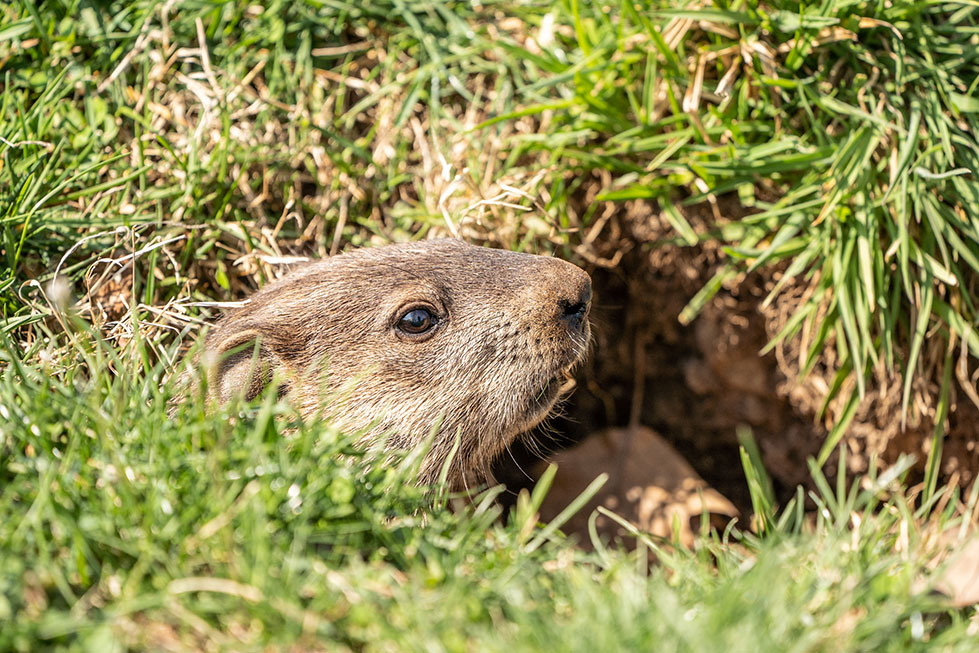“Upon this handful of soil our survival depends. Husband it and it will grow our food, our fuel, and our shelter and surround us with beauty. Abuse it and the soil will collapse and die, taking humanity with it ”
George Monbiot, The Guardian 24 Mar 2015, quoting ‘a Sanskrit text’.
There are ten species and three main types of worm in England and earthworms even have their own British Appreciation Society. Each type has its own unique job to do to keep our soil healthy and they are named (in Greek) according to their place in the soil. First there are the speedy little dark wriggly red-headed ones (for the scientifically-minded Epigeic). These are roughly matchstick size and live in compost heaps, under plant pots and in leaf litter on the surface of the soil without burrows. Then there are the podgy, pale or greenish ones which often curl up if handled (endogeic), and eat soil while making horizontal networks of burrows in the top layers of the soil. Lastly, we have the big dark red- or black-headed worms roughly pencil-sized (Anecic), who make permanent unbranched burrows straight down for about 2 metres (taller than most of us!) These are the ones who produce worm casts and sometimes leave piles of half-chewed leaves round their burrows. They lurk vertically to emerge at night to feed around the mouths of their burrows.
Earthworms are essential for our survival because they enable plants to flourish. With only artificial fertilisers, soil eventually “dies”. Worms are vital for mixing the mineral and organic components in our soils as they drag plant matter down. They also aerate and drain the soil, and the big deep worms even help trees establish roots using their burrows. Some species of worms eat plant-killing nematodes. And last, but not least, the mucous they excrete (yuk) to enable their movement through the soil feeds the soil’s beneficial micro-organisms: the sort of stuff one buys in an expensive packet from the garden centre.
How we can help them:
Worms hate being dug up as it ruins their burrow systems and exposes them to predation, so deep-digging vegetable patches is no longer recommended. They go hungry if we tidy up all the leaves and use only artificial fertilisers, so start a compost heap, spreading it liberally on flower beds as a mulch in spring and letting some leaves stay on the lawn to overwinter. Farmers are increasingly doing less ploughing and more manuring. Worms love to eat broken eggshells so use them to deter slugs and leave them to rot down for the worms. Use a mulching lawn mower if you must mow and keep your grass as long as the mower will allow. Avoid pesticides, fungicides and chemical lawn treatments, which kill worms as well as everything else. Try not to compact soil when waterlogged by walking or driving on it as this kills the worms by squashing their burrows and on a large scale increases flooding.
Don’t buy worms to improve starved soil: they will die.
Keep feeding the soil and worms will arrive!
Editor’s note: Further to Caroline’s piece, you may like to look at the report of damage being done to our soil in general, and earthworms in particular, by pesticides in this story in The Guardian of 4 May 2021 about a report published in the journal ‘Frontiers in Environmental Science’:
For example, 84% of the tested parameters in earthworms were negatively affected by the most-common classes of insecticides. Some herbicides and fungicides also harmed earthworms. Donley said: “It’s not just one or two pesticides that are causing harm, the results are really very consistent across the whole class of chemical poisons.” A 2012 review showed that pesticides can also harm microbial life in soils.


